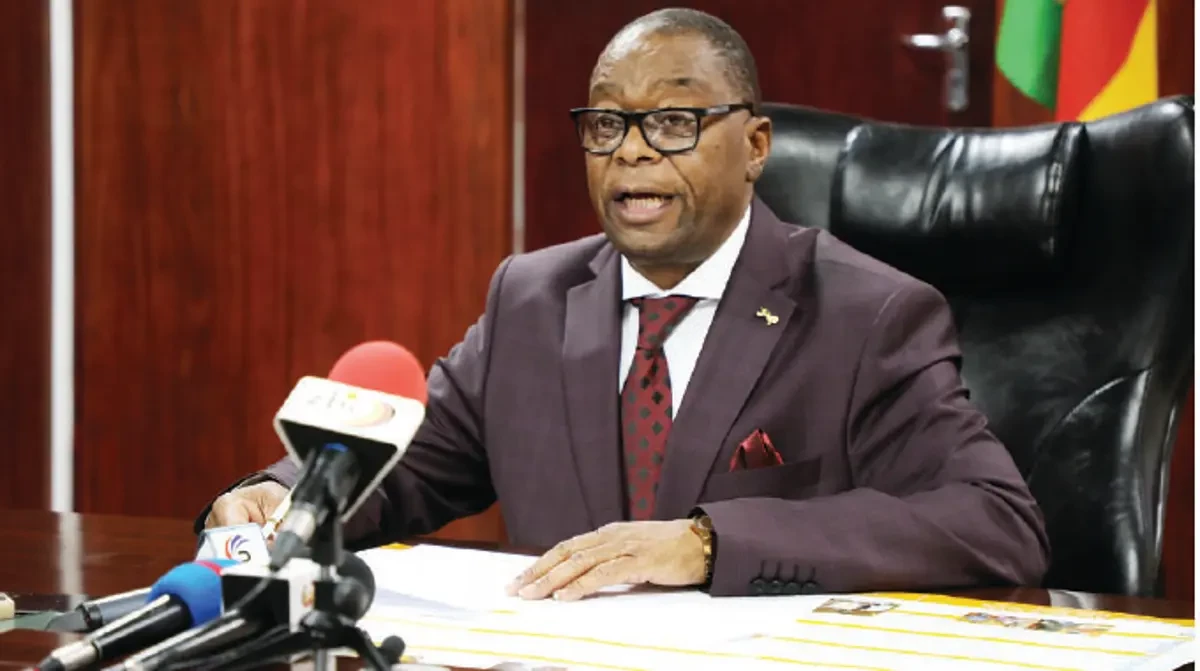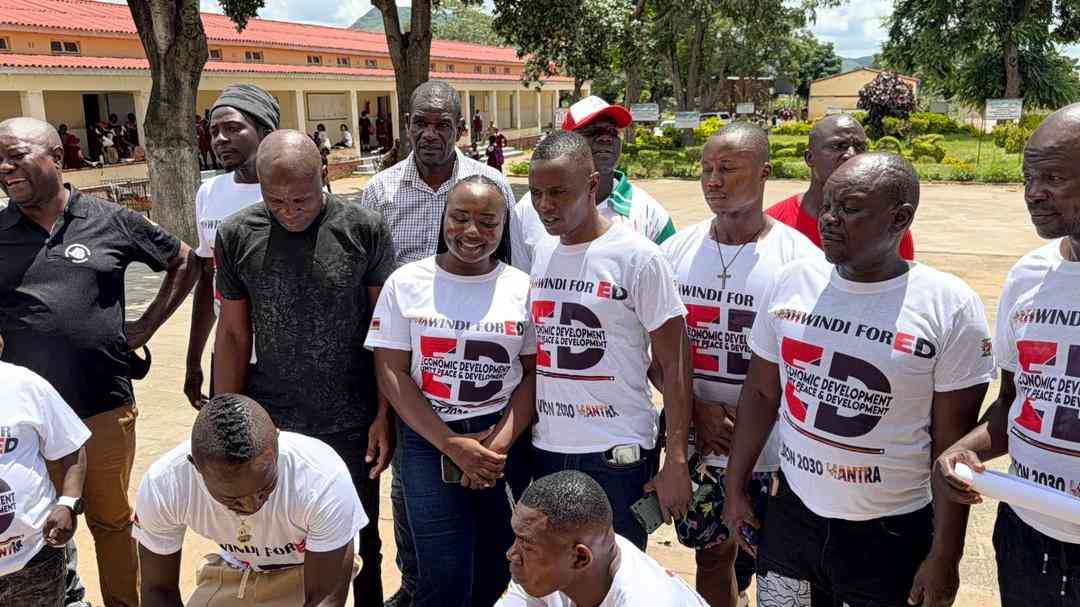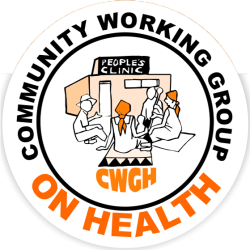
CERVICAL cancer has remained a public health worry with its effects taking a toll on Zimbabwe amid concerns over laxity in the presentation of cases, Health and Child Care minister Douglas Mombeshora has said.
Mombeshora was speaking during the cervical cancer elimination initiative meeting on Sunday this week.
The meeting was also graced by World Health Organisation (WHO) officials who were in Zimbabwe to map the way forward in eradicating cervical cancer which is a leading cause of death in women.
The WHO officials are on a three-country visit which also took them to Zambia and Sierra Leone covering the same programme.
Mombeshora said cervical cancer was a challenge in Zimbabwe with far-reaching implications for the health and well-being of citizens, particularly women.
“The prevalence of cervical cancer in Zimbabwe is worrisome, with an estimated 3 000 new cases being diagnosed every year, out of which an estimated 2 000 women who are diagnosed with this disease are dying,” he said.
“This figure is too high as it means that more than 75% of people diagnosed with cervical cancer don’t survive. Cervical cancer is a preventable and treatable disease. Every life lost to cervical cancer is a loss that would have been prevented if timely screening, vaccination and access to quality health services were available.”
In 2022, WHO reported that cervical cancer was the leading cause of mortality among women in Africa.
- Mavhunga puts DeMbare into Chibuku quarterfinals
- Bulls to charge into Zimbabwe gold stocks
- Ndiraya concerned as goals dry up
- Letters: How solar power is transforming African farms
Keep Reading
Over the past decade, Zimbabwe — which is ranked fourth on the continent in terms of rate of occurrence of the disease — is strongly committed to cervical cancer elimination, Mombeshora said.
“Zimbabwe is against this preventable disease and has taken bold and multifaceted steps ensuring equitable access to primary prevention, screening, and early detection, as well as treatment and care,” he said.
Since the inception of the national HPV vaccination programme in 2018, strides have been made to achieve commendable coverage rates, with more than two million girls having been vaccinated to date.
“Efforts are underway to develop an HPV vaccination revitalisation action plan, which will ensure that no eligible girl is left behind. That’s why, guided by our national cancer prevention and control plan, we are making critical strides,” he said.
More than 200 healthcare facilities across Zimbabwe now offer visual inspection with Acetic Acid and Cervicography screenings and safety locations to provide HPV tests.
“These expanded services are empowering women with the tools for early detection. However, these services haven’t reached everyone in Zimbabwe yet. Women in rural areas and even some in our cities still face challenges getting screened.
“That’s why we are committed in our efforts to expand access and bridge the gap between urban and rural communities. We will bring these large-scale screenings closer to home through targeted outreach programmes. And, for those diagnosed with cervical cancer, we are not stopping there,” he added.
WHO director for non-communicable diseases in the UHC/Communicable and Non-communicable Diseases, Bente Mikkelsen, called for intensified vaccination and screening as well as treating of cervical cancer in its early stages.
She said WHO had availed US$600 million worth of funding towards eliminating cancer to fast track efforts in dealing with the widespread challenge especially in Africa and other developing countries.
“This is a good sign, it’s a game changer. But as I said, this is not money that we can call on like this. We need to present cases, we need to work with the partners, we need to make the World Bank, the Global Fund, the Gates Foundation, USAid all these partners, coming together and now realise these commitments,” she said.










